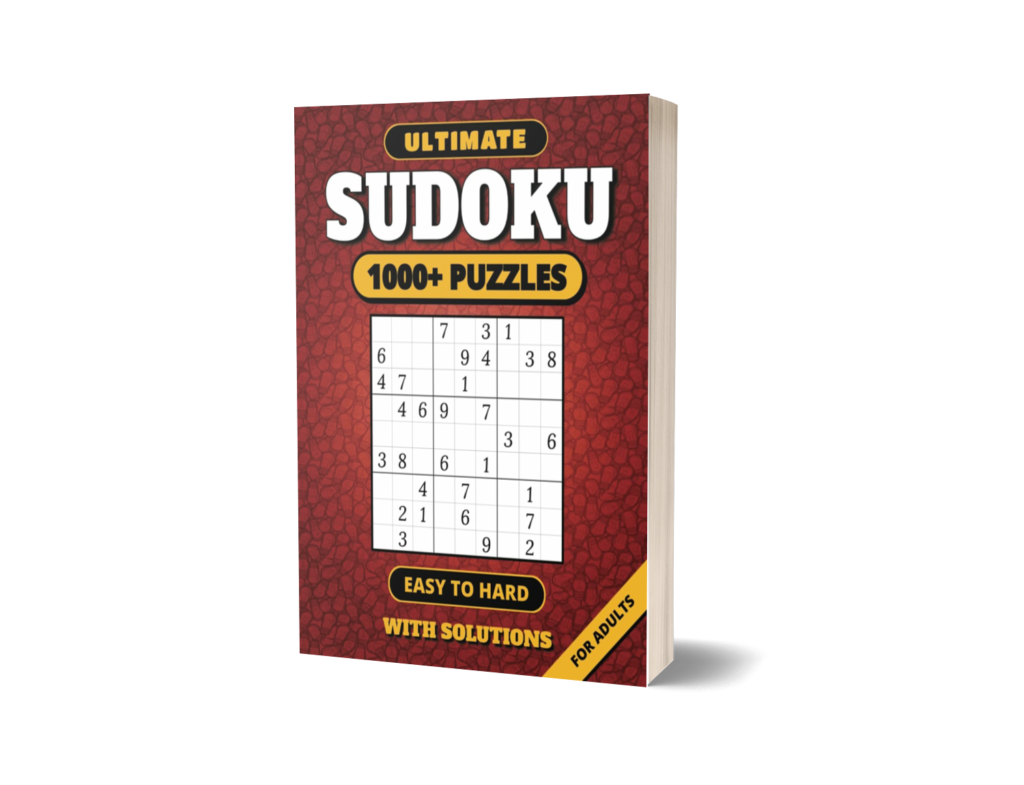
Introduction
While Sudoku is often enjoyed as a solo brain teaser over a quiet morning coffee, it also thrives in a fast-paced, competitive world filled with dedicated players and thrilling championships. From local contests to international showdowns, the Sudoku community regularly comes together to test their wits, speed, and strategy.
In this article, we’ll dive into how Sudoku competitions work, which events matter most, and who the legends of the puzzle-solving world are.
Major Sudoku Competitions
Although countless smaller contests happen globally, these are the best-known and most prestigious events:
🥇 World Sudoku Championship (WSC)
Organized by the World Puzzle Federation (WPF) since 2006, the WSC is the most respected Sudoku competition worldwide. Every year, top players from dozens of countries gather to compete for the title of World Sudoku Champion.
Format: Multiple rounds of increasingly difficult puzzles, including classic Sudoku and variants.
Notable fact: Teams also compete for national rankings.
Official site: worldpuzzle.org
🥈 Sudoku Grand Prix
Also hosted by the WPF, the Grand Prix is an annual online series of monthly tournaments. It’s a great opportunity for enthusiasts to test their skills internationally without traveling.
Format: Timed online rounds, cumulative scoring.
Open to: Anyone, no qualification needed.
🥉 National Championships
Many countries host their own national Sudoku contests to select representatives for the World Championship. Some of the most competitive national championships are held in Japan, India, the Czech Republic, and the USA.
Format: Typically includes classic and variant puzzles.
Winners: Often go on to compete internationally.
Competition Rules and Formats
While each contest has its quirks, most Sudoku competitions follow these core rules:
Strict time limits: Usually between 10 to 60 minutes per round.
Multiple puzzle types: Besides standard 9×9 Sudoku, players often solve Hyper Sudoku, Diagonal Sudoku, and Killer Sudoku.
No electronic devices: Only pencil, paper, and your brain.
Points for speed and accuracy: Faster and error-free solutions earn more points.
Some events include team relays or special puzzle marathons where endurance is as crucial as speed.
Famous Sudoku Masters
Meet the puzzle-solving legends you’ll often see on leaderboards:
Thomas Snyder (USA) – 3× World Champion and known for his rapid-solving and approachable puzzle blog.
Jan Mrozowski (Poland) – A multiple-time WSC winner, famous for his calm and consistent performance.
Kota Morinishi (Japan) – Regular podium finisher and a crowd favorite for his sportsmanship.
Tiit Vunk (Estonia) – Known for winning the Grand Prix series multiple times.
Conclusion
Sudoku may start as a personal hobby, but for many, it turns into a passion that leads to global competition, community, and even international titles. Whether you aim for the top or just enjoy a daily challenge, the competitive Sudoku world is welcoming, exciting, and more intense than you might imagine.
And if you’re looking to sharpen your skills before your own tournament debut – or just for fun – check out my book Ultimate Sudoku Puzzles for Adults packed with over 1,000 puzzles of varying difficulty levels.
Ready to join the ranks of Sudoku masters?

